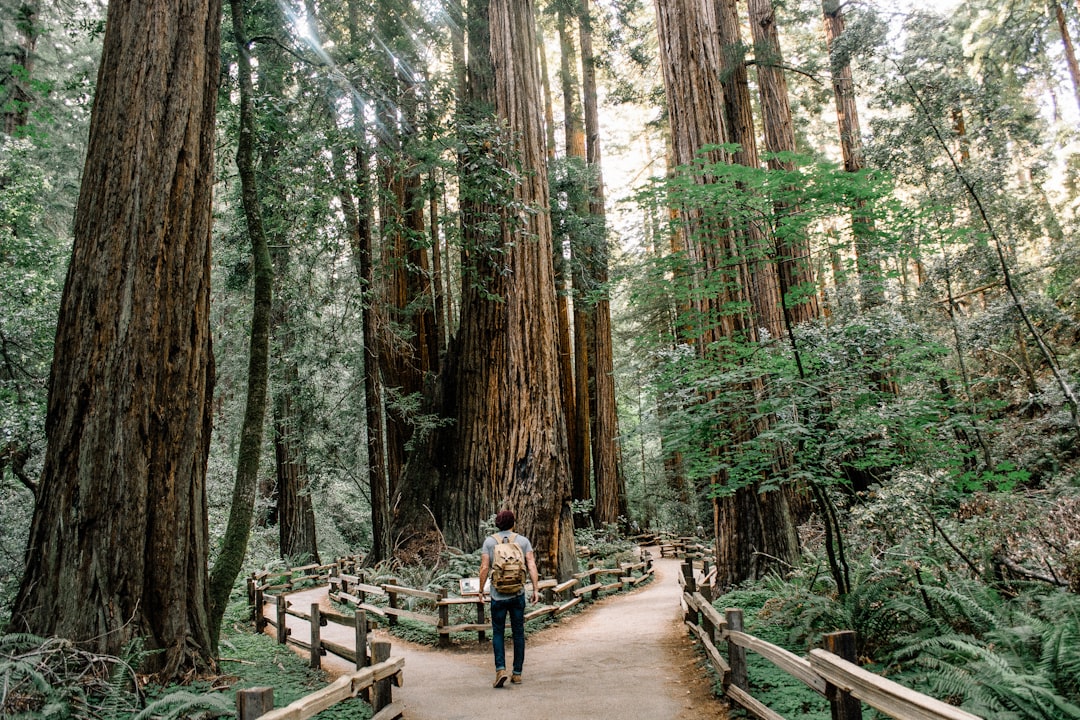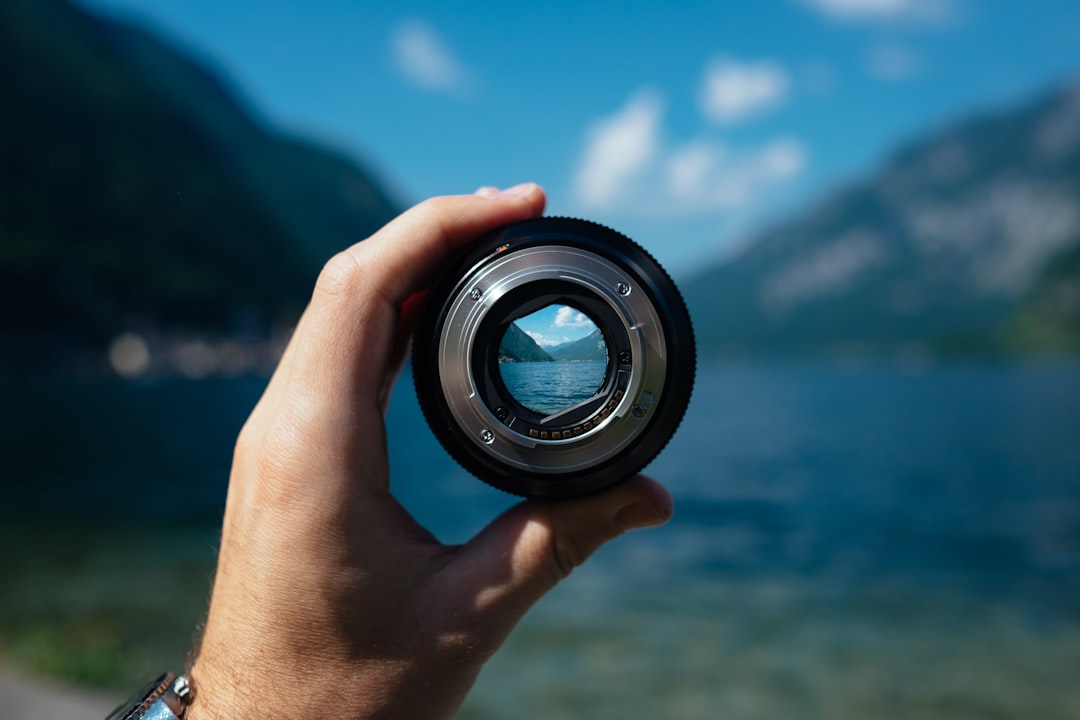There are many reasons to buy one of our personalized star maps. A popular reason is to take a snapshot of the stars which made your special moment possible. Some people believe the stars are entirely responsible for everything that happens (this is known as 'fatalism' or 'determinism'). Others believe they have free-will and the ability to affect their future (this is known as 'existentialism' or 'indeterminism').
Let’s say you met Mr. Right last Saturday and now you want to buy a star map to honor that time. Determinists believe you were bound to meet Mr. Right last Saturday, in fact, there’s no other way the universe could have played out. It was destined to be. Your relationship has been written in stone since the beginning of time itself. Very romantic!

Some people find the idea of determinism unsettling, however. What’s the point in trying, if everything has already been determined? Why did I buy that expensive make-up, if it was already written in the stars? The idea that we can carve out our own future and freely choose Mr. Right is liberating, and can be viewed as equally as romantic, perhaps more so.
So which is right? When you look at your star map, are you looking at the stars of fate? Or are they the coincidental clusters and constellations which mark the time you freely chose to be with Mr. Right?
The Laws of Physics
The laws of physics suggest if something happens, something has happened before it, tracing back to the big bang. This law of ‘cause and effect’ is a key argument for ‘determinism’. Our brains are also, therefore, subject to determinism. We may think we are making free choices, but it is just the universe playing itself out. Everything is fated to happen and we only have the illusion of free will.
There are two counterarguments to this. The first is that it could be argued randomness still obeys the law of causation – and randomness could also allow for free-will. A second rebuttal is that energy is made of patterns and patterns of energy don’t obey laws of physics.
This is, nevertheless, some strong evidence in favor of determinism and there’s more to come!
The Theory of Relativity
The theory of relativity has given rise to a model known as ‘the block universe’. In this perception of the universe, space and time have to be unified in four dimensions. Although we can’t think in anything more than three dimensions, we can get a sense of what this means.
Imagine a loaf of bread. Time runs down the length of the loaf and each slice of bread is a slice through time. According to Einstein then, the past, present and future all exist at the same time. We only experience reality from the perspective of one slice of time and space, however.
There can only be one conclusion from the theory of relativity. There are a multiplicity of nows existing simulaneously: our actions are causally linked throughout the loaf of bread. The future has already been written for us and, therefore, we have no free will.
Many scientists who believe this are absolutely fine with the idea too. Even if we don’t have free will on a theoretical level, for practical purposes we are making free choices, and that’s enough.
Quantum Theory
The theory of relativity describes the cosmos on a very large scale. Quantum theory, however, describes how things are on a very small scale. Interestingly, these two sciences, looking at either end of the cosmic scale, come to completely different conclusions.
Quantum theory predicts the probability of outcome. The results in quantum theory vary and imply that actually all possibilities have existed since the big bang. Quantum theory has given rise to the idea of endless possible outcomes played out across a multiplicity of universes.
While the theory of relativity points us to believe all actualities have been set in stone, quantum theory supports ‘indeterminism’ and points to our free will. Both the theory of relativity and quantum theory agree, however, that all our choices will reverberate throughout all time.
Intuition
Although the weight of evidence can seem to fall on the side of determinism, why do we all have such a strong sense that we are in control of our destinies? Is it just because the illusion of free will is so strong? Or could we be missing something?
In 1983, Benjamin Libet famously blew the free will debate wide open. Using a clock, a measure of brain activity and a choice, he demonstrated we make choices before we are aware of them. In a sense, we just ‘hear our thoughts’ later.
Intuitively, however, most of us are dualists: our minds and bodies feel like they are separate. Of course, when you think of the times you were hungry or tired and the effect this had on your thinking then it’s easy to call this into doubt. But, nevertheless, the feeling remains.
The experiment can be seen through a different lens. We know that we are not always the best at relaying information in our minds, whether it’s due to a fault in our memory, logic or anything else. Perhaps, during this experiment, the candidates were just not accurately relaying what was going on inside their brains. Some part of their brains may well have been making free and willful decisions – but they were simply not communicating with this part of themselves efficiently.
The debate rages on but there could be much more that meets the eye to these experiments. We may not have the perfect mind control we like to imagine but we may indeed have, on various levels, the free will we intuitively feel we have.
Was it meant to be?
Was your relationship with Mr. Right written in the stars? Yes, if you look from the point of the theory of relativity, the laws of physics and Libet's experiement. If you look at it from the perspective of quantum theory, holes in determinist evidence and our own intuition, however, then you freely found and freely chose Mr. Right.
Could both be simultaneously true somehow? Will we ever find out? What we do certainly has an effect which ripples out through time, but are we acting out our destiny? For now, we’ll have to just gaze at our star maps and keep wondering!





